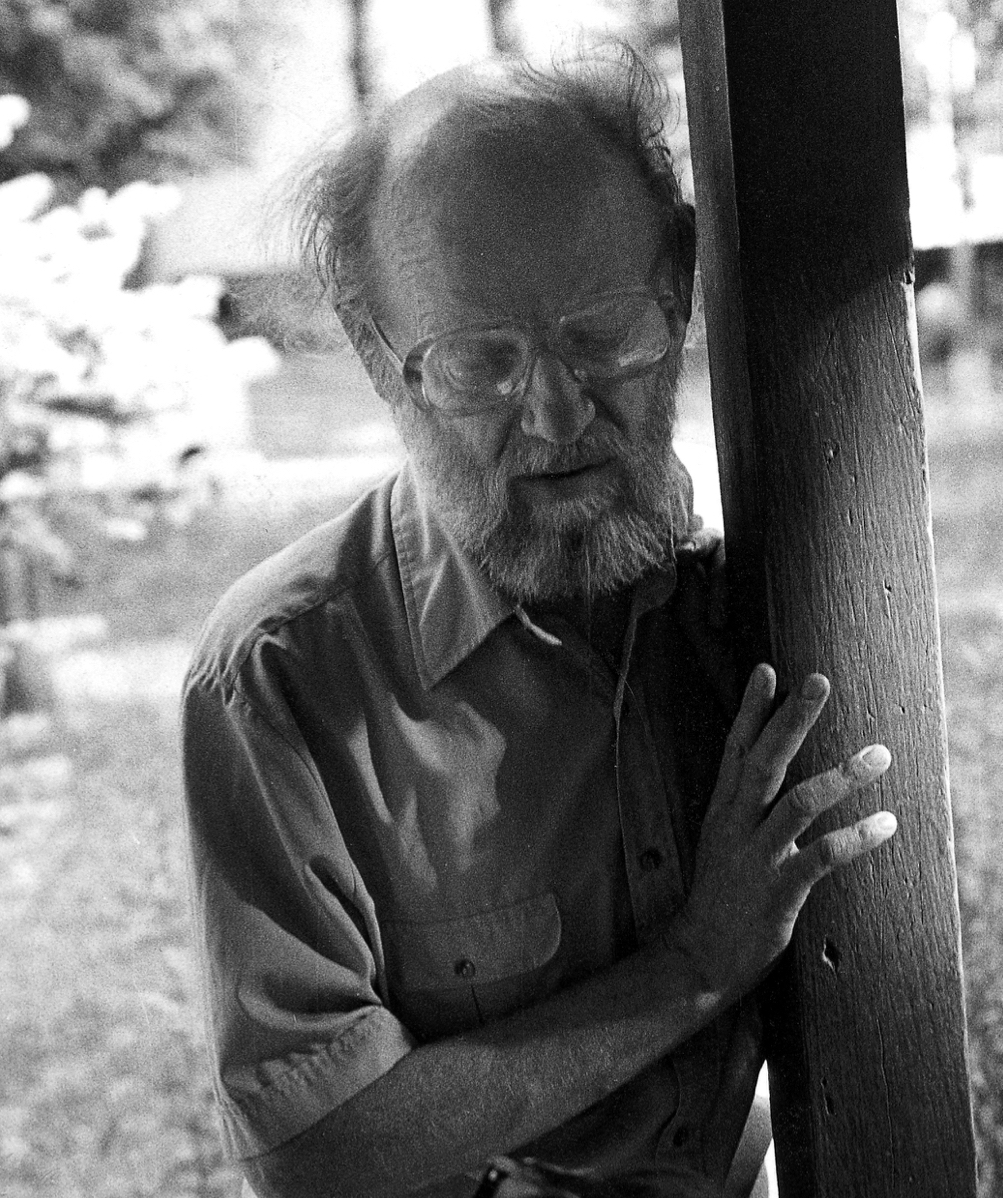Films – they are like children; all damned and all adorable…
For my part, I prefer standing on the other side of the camera, as I feel more free there.
But in general, it makes no difference to me. I am interested in the activity per se.

Henrikas Šabļevičius. Photo: Audrius Kemežys
They say, a documentary film, a documentary. But if you have put a camera in this particular place, not that any other place – that’s it for the real documentary. You do choose the angle, people, events.
Cinema is a world of illusions. These illusions are born in the nature of the author, in his brain, his subconsciousness or elsewhere. And it is hard to categorically define, why this person has chosen one way or the other. For instance, I don’t know, why did I first need to work in theatre, then television, and then decided to limit myself only to working in cinema. I don’t know. Maybe it is the nature of my visual expression, some urge I have. I often used to think I would have better been a painter; I would then work on my own, the success would be all mine, as well as the failure. But now I am bonded with the en- tire crew. It is very important – being supported by a colleague, being able to come to agreement with the cameraman – when he grasps what you want to say, and enriches it so the world drowns in mist.
You start making it, and it seems to you, that you will now make the very best film. It seems to you, that it will be a masterpiece, dear Lord. And then, gradually, when you come closer to the making itself, it all flattens. And very soon air leaves that bubble. Then comes the panic – that you won’t make anything, a real catastrophe is about to happen…
This is when you must start doing the smallest thing. Even picking up a match box off the floor or tying up a shoelace will work as the first step. Then comes the second step, and then, despite your wishes you must march on.
My family laughs at me when I come home upset or annoyed. They say, well what can you do, it will be a catastrophe, the worst possible film, you’ll sweep the streets after this… But to be frank, I honestly think so. They find it funny only because it keeps happening. And I don’t find it funny at all. I felt a relief, when I learned that Chaplin also used to fall into this frenzy. If masters like him couldn’t make it in one go, why could I?
Speaking of scriptwriting, I don’t like it, I terribly dislike doing it. I then do everything for the household – things I have not been doing for the entire year. I fix all the handles, all the taps. Anything. My family tells me, if you wrote scripts more often, the house would be in order.
There are many questions in cinematography. More questions than answers. Even seeing the rough unedited material gives you thoughts on what could come out of it. Only devil knows how it works. Sometimes, it has nothing to do with big ideas – sunbeam reflections sparkling in the water, or some lingering mist, or a song on the lake bank, or some other sensation.
Some time ago, I used to think that a time will come, that we will grow to a certain age when we won’t need the girls, and the anxiety will be gone, and we’ll know how to make the films. Nonsense. We still need it all, and nothing is clear.
Henrikas Šabļevičius,
film director